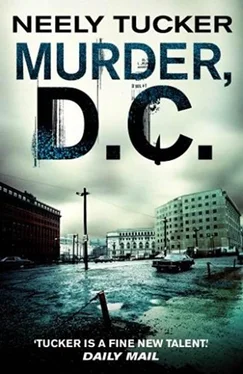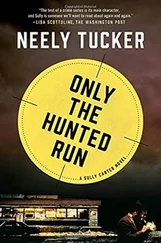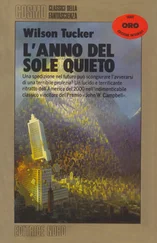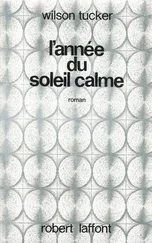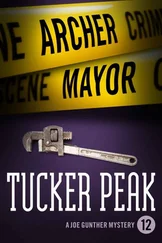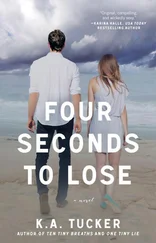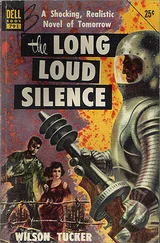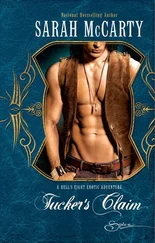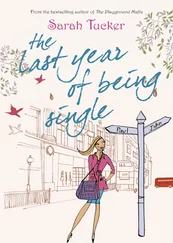“And how do you propose to figure that out? You said you’ll get hit with a restraining order if you talk to Billy’s mother again. Those two guys in the Bend said they’d shoot you if you came back.”
“I can be a charming little bastard.”
She laughed and said, “If you mean a little charming and a lot of bastard.”
He looked out the window and coughed twice and popped his neck, to the left and then to the right. He wasn’t about to tell her about Sly, about the real way this was going to work. He was going to work the story of Dee Dee’s murder, and in return Sly would eventually give him enough to peg Billy Ellison’s killer. Questionable tactics, maybe, but if you want to know what the bad guys are doing, you find out from other bad guys. Same way the cops did it.
“So tell me about the art you shot this morning.”
“It’s opener stuff, atmospherics,” she said. “Good light. Four or five guys were already out there, scoring some heroin. They took me inside that apartment building right off the park-”
“The Carolina, the two-story brick thing?”
“And inside, yeah, I think that’s the name of it. Does it have a name on it? They shot up right there in the entryway.”
“They let you shoot them?”
“Faces averted or tight shots, yeah, sure.”
“Surprised nobody braced you.”
“Well. We were there in the hall, me shooting the camera and them shooting the smack, and then the big kids must have heard I was there. Two of them came in from outside and saw us and that was that.”
“One of these enforcer guys, he real short?” he asked. “And the other one tall, lanky, with dreads?”
“Now that you mention it.”
“Them’s my friends.”
“The ones who said they’d pop you if you came back?”
“The same.”
“Hunh,” she said. “They just asked me if I needed any shit and I took the cue.”
“That’s because you’re a girl.”
“It’s because I’m not a dick.”
A weak sun was filtering through the clouds, the streets still a little slick. Traffic was light and now they were on K Street SW, the discount shoe stores and liquor joints and nail salons still shuttered behind iron bars. The grocery store was open, the buggies wet and dripping from being left out in the rain overnight, a couple of patrons rattling them toward the double glass doors.
“I wonder what the fruits and vegetables are in there.” She slowed, not braking, just letting off the gas, and said, “You said get back to the neighborhood, on K.”
Sully took a moment to blink, to assess. He flipped open his notebook, thick-fingered, bleary-eyed still-he’d just splashed water over his face and hair, stumbling into jeans and a lightly starched gray dress shirt, coming down the steps and into her car, rolling up the cuffs-and now he flicked his tongue around his lips, wondering if he’d brushed his teeth. He thought so.
“I did, I did, and here we go… Where is it? Ah. Byrd. We’re looking for the family of dear old Demetrius Allan Byrd, unknown to all but family and law enforcement. It’s in the Dempsys, God help us, this housing project right here. Slow down. It’s coming up. Your right. On your right.”
The Dempsys, a mean little squadron of two-story tenements, appeared on the south side of the street, easy to see, the entrance marked as it was by a ragged collection of teddy bears, votive candles, grocery store flowers wrapped in plastic, and a hand-lettered sign on green construction paper that read, RIP DEE. Balloons, three shiny Mylar things, fluttered in the breezeway of the main building. Nobody looked out windows, nobody stopped walking, nobody said anything; Alexis just pulled alongside a parked car and put on a blinker to back into the space behind it.
“That’s a hotel?” she said, waiting for traffic to clear, looking across the street at a stucco three-story with railings that leaned outward and a front office with the blinds down. A pole stood sentinel out front, but the sign it had once held was jagged broken plastic and exposed fluorescent bulb.
“Motel.”
“The difference?”
“You park in front of your room at the latter.”
“Americanos.”
“You’re one.”
“By passport.”
She backed in and parked at a street meter and they got out, Sully still coughing his lungs awake, Alexis pulling her gear from the backseat.
He blew out his breath through his lips, assessing their target, his face slack this early. The Dempsys were four apartments to a floor around a concrete stairwell with rusted iron handrails, set five or six blocks from Fort McNair. It fronted on K Street SW, which was the polar opposite of its better-known cousin, K Street NW, the heart of Power Washington. A few miles away from all that power, the Dempsys existed in a parallel universe-eight, could be ten buildings in all, surrounded by a head-high steel fence with spikes along the top. There was a central courtyard, packed dirt, and stubs of weeds.
The only thing that passed for green in the complex, even in the spring, when everything was blooming, was half a dozen anorexic trees, saplings, that looked like they had spent the winter with bags over their heads. The Dempsys had gone up in the eighties, Marion Barry-inspired urban renewal, built on the cheap and looking like it. Five or seven blocks from where Dee Dee had wound up dead. Sully wondered what was the farthest the kid had ever been from home and guessed the lockup down at Lorton, thirty miles south.
The buildings had no markers to tell you which one was which. They had fallen off or been ripped off. You had to live here or be the mailman or a public housing cop to know the difference. When they were halfway through the courtyard, a heavyset woman emerged from the building to Sully’s right, leaning against a support pole, near the teddy bears, looking at them without expression, lighting a smoke. She was wearing jeans that were too tight and some sort of green blouse that was too loose.
Sully looked over but it was Alex who was walking toward her, three cameras around her neck. And she said softly, almost reverently, Sully catching up, “We’re looking for Mr. Byrd’s family?”
***
Sully was the only man in the room.
The grandma, wrinkled, freckled, sagging onto the sagging couch, feet in slippers, the heavyset woman they’d seen out front now sitting beside her. There was a rail-thin, light-skinned woman in the narrow kitchen, eyeing him as he sat down.
She was wearing too-big sweats and a pullover T-shirt that read BUSTIN’ LOOSE above Chuck Brown’s visage, a cigarette in her nervous left hand. Two little kids, a girl and a boy, couldn’t be older than three either one, half-hiding behind the couch, looking at him like an extraterrestrial had whiz-banged down into the living room. Alexis had, by the magic that photographers worked, gotten herself into a sitting position against the far wall, a Leica pressed to her face, all but forgotten.
“Why you think Dee got jumped?” the nervous woman said, looking at Sully like he’d said she owed taxes or something. He pegged her as Mom and a walking advertisement for the wonders of long-term smack use.
He’d told them their names and what they did when they’d walked in, Alex making busy with the kids. He made his condolences and asked them polite questions about Dee’s winning personality and school record and then, jeez, did they have any idea about who might have wanted to harm the bouncing baby boy? This was the question that had given offense.
“You saying he was in the life?” the thin woman said.
“I think-”
“I’m out here looking, looking for work, a job or something, you hear me, trying to get something, my baby gets killed, and you asking me if he was in the life.”
Читать дальше
